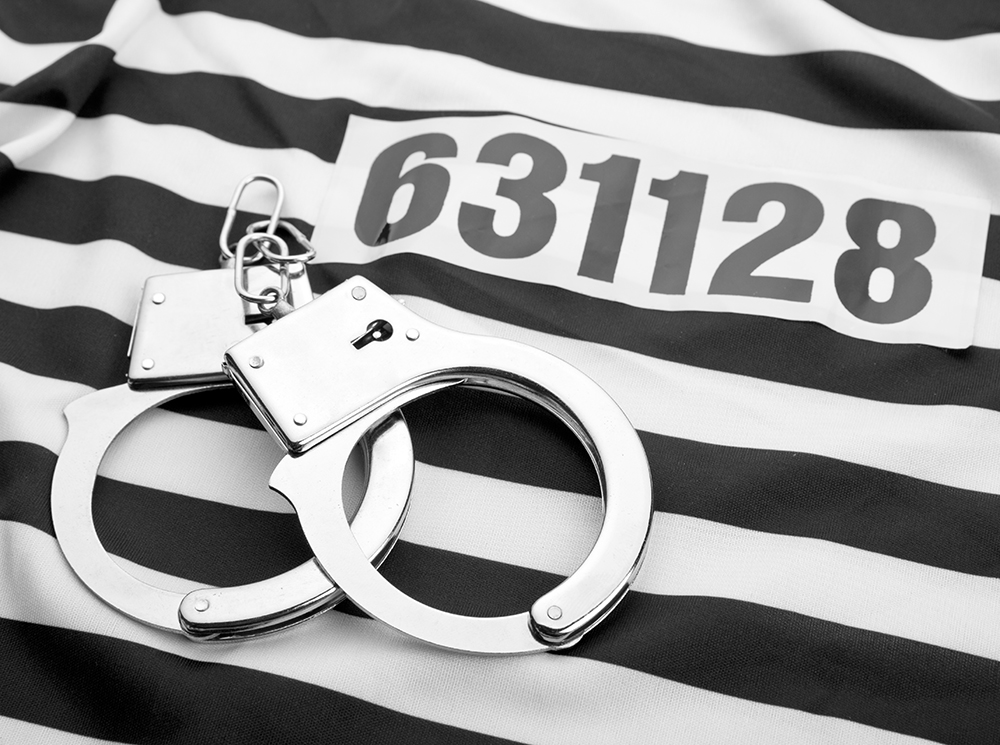Archie waved me over to the pastry case. He sort of crouched down on my level — I was 11 or so at the time and quite a bit shorter than the tanned, mullet-sporting man my mom was dating — and he spoke in something approaching a loud stage whisper. For Archie, that was as close to being incognito as it got. His voice was a boom with a ragged edge. He wore a small gold hoop in his ear, was perpetually clad in a hoodie and shorts, glowed with an incandescent suntan, rode a motorcycle, and had strong opinions about everything. Whispering was not his style.
“Watch this,” he said, as he stuffed a dozen or so cookies in the front pocket of his hoodie.
Stealing isn’t really stealing if it’s food and you need it, he explained. And if you were stealing from someone who could afford to eat the cost. It’s best to steal things that are hard to inventory — bakery items don’t have barcodes, and you don’t really look too conspicuous grabbing things from the serve-yourself section of the store. As long as you act cool, you’re not likely to get caught. Or so Archie said.
That was my first brush with crime. My mother’s boyfriend (at the time) taught me how to steal food from big grocery store chains.
I was a Good Kid though, the kind who never really wanted to make trouble, so of course I was completely petrified. It felt as though someone threw a switch and aimed three or four spotlights at me. Sweat prickled on my brow and the back of my neck. My skin flushed. My back went rigid, and all my movements were strangely stiff. In short, I was a caricature of conspicuousness. I felt sure that someone had seen, that — as foolish as it might sound — everyone knew. The cookies in Archie’s hoodie pocket might as well have cast a cartoonishly green radioactive glow. At any moment, I was sure a plainclothes detective would grab me by the arm and steer me into the store’s interrogation chamber.
Of course, none of that happened. Archie and my mom paid for a few items at the register, we strolled out the automatic door, and Archie offered my younger sister and me a fistful of stolen cookies. If memory serves, I declined. As protégés go, I was off to a rotten start.
Not long after that, my mom decided it was too onerous a task to keep hiding her drug use from me and enlisted me as a sort of partner-in-cover-up, if not an actual partner-in-crime. Though she eventually made the leap to stronger stuff, at the time it was just marijuana, so no big deal. (Though, of course, I was again petrified. Gasp! “Reefer madness! In my own home?!”) Now, I often wonder if my mother ever would have dabbled in more dangerous drugs if there weren’t such a stigma associated with drugs in general. It’s easy to feel locked out of so-called “normal” society, locked into a cycle of illicit activities, black market solutions, and stolen cookies. Would things have been different if she felt like she could have gotten help without being arrested or fired or shamed? If, maybe, it was a little easier for a waitress at a diner to feed and house her kids. If there were more readily accessible services to help single mothers, people with chronic illness — all categories she falls into. In other words, if we viewed crime, which is, after all, a social construct, a little differently. If we spent our resources on prevention, instead of protection and punishment.
This has been much on my mind of late. Maybe because crime has been a hot topic in the Shelby County District Attorney race. Maybe it’s because of the Jan. 6th hearings, detailing some of the most brazen crimes ever committed. High crimes, treason, that the “law and order” crowd seem, well, more or less okay with. I suppose that has something to do with what we consider crime. When asked to imagine an illegal activity, theft might be the first thing to come to mind. That could be because property is so tangible. Or because gains from social spending would take years or even a generation to show clear results. Hard to campaign on that, I suppose. Maybe it just pays to keep people focused away from crime committed on a larger scale.
It can be seen in our national priorities, in our bloated police budgets. It doesn’t seem in keeping with the way society has changed to continue this way, to view criminals and crime as a force of nature, something that just occurs.
I’m biased, of course, but it seems like we’ve thrown dollars at “protection” for decades with little to show for it. There are costs, too, in seeing dangers lurking everywhere, in the belief we need protection from other people. “Tough on crime” sounds good on the surface, or is at least straightforward and easy to digest, but if it worked, wouldn’t we have seen results by now? Call me a bleeding heart, a liberal looney tune, but I can’t help but wonder what the world would look like if we stopped viewing our fellow citizens as dangers against which we need protection, if instead we saw crime as evidence of a social system out of balance. It would take a massive shift in how we view the world, not to mention how cities draw up their budgets. It would be a difficult, lengthy process.
But maybe it would be worth it.
Jesse Davis
jesse@memphisflyer.com
